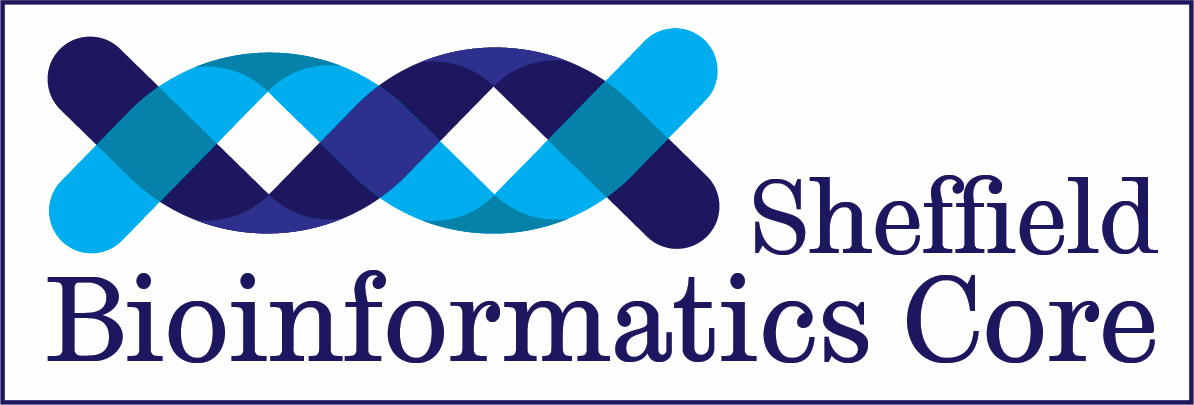The Diamond - Workroom 1
This course offers an introduction to working with Linux for Bioinformatics. We will describe the Linux environment so that participants can start to utilize command-line tools and feel comfortable using a text-based way of interacting with a computer. We give example of processing data arising from Next-Generation Sequencing experiments, in particular an RNA-seq experiment.
Those wanting to use the command-line to perform data analysis; particularly those with next-generation sequencing data such as RNA-Seq
Feel free to download this “cheat sheet” describing some of the commands that we will be covering
Please use this form to give us some feedback on the workshop
For queries relating to collaborating with the Bioinformatics Core team on projects: bioinformatics-core@sheffield.ac.uk
Join our mailing list so as to be notified when we advertise talks and workshops by subscribing to this Google Group. You can also connect with us on Linkedin.
Requests for a Bioinformatics support clinic can be made via the Research Software Engineering (RSE) code clinic system. This is monitored by Bioinformatics Core staff, so we will ensure the appropriate expertise (which may involve individuals from multiple teams) will be available to help you
Queries regarding sequencing and library preparation provision at The University of Sheffield should be directed to the Multi-omics facility in SITraN or the Genomics Laboratory in Biosciences.
